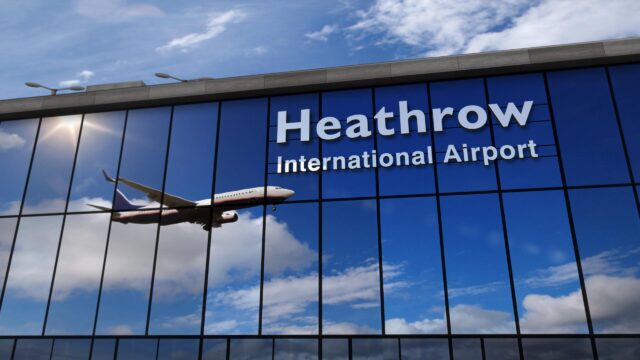FAA hearing: Boeing requires shift in its safety culture
September 25, 2024

During a US House Committee on Transportation and Infrastructure subcommittee hearing (held on 24 September 2024), the Federal Administration (FAA) confirmed that significant change is required to transform Boeing’s quality system and ensure the right layers of safety are in place.
Having added more safety inspectors in the Boeing and Spirit AeroSystems facilities, this on-site presence will be maintained for the foreseeable future, confirmed the FAA, with its inspectors to hold Boeing accountable to its own self-identified Key Performance Indicators.
The FAA is also to elevate the role of its Executive Committee (responsible for overseeing its regulatory oversight and safety management programmes), on which both the FAA administrator and deputy administrator will serve.
Acknowledging the work the US manufacturing giant has undertaken during recent months to develop “its roadmap and plan for the path forward” – something mandated to address its “systematic quality control and production issues” in the wake of the Alaska Airlines 737 MAX 8 door plug blowout – Federal Aviation Administrator Michael Walker confirmed that “this plan does not mark the end of the FAA’s increased oversight of Boeing and its suppliers”.
“There must be a shift in the company’s safety culture to holistically address its systemic quality assurance and production issues,” continued Walker. “Our goal is to make sure Boeing implements the necessary changes and has the right tools in place to sustain those changes in the long term”.
In April 2024, the FAA required Boeing to produce a Safety Management System to ensure what Walker termed a “structured, repeatable, systematic approach to identifying hazards and managing risk”. After submitting its plan in May, Boeing has committed to a number of initiatives: including boosting supplier oversight, encouraging employees to speak up without fear of reprisal, and increasing quality oversight at every step of the production process.
“We must continue to be increasingly active and establish more dynamic protocols that allow us to anticipate and identify risks before they manifest themselves as events,” continued the regulator.
In January, the FAA halted MAX production expansion, capping output at 38 units per month; a decision subsequently extended in March. However, Boeing continues to grapple with additional pressure as ongoing machinist strike action continues to cause further disruption.
















